Current Researchers
-
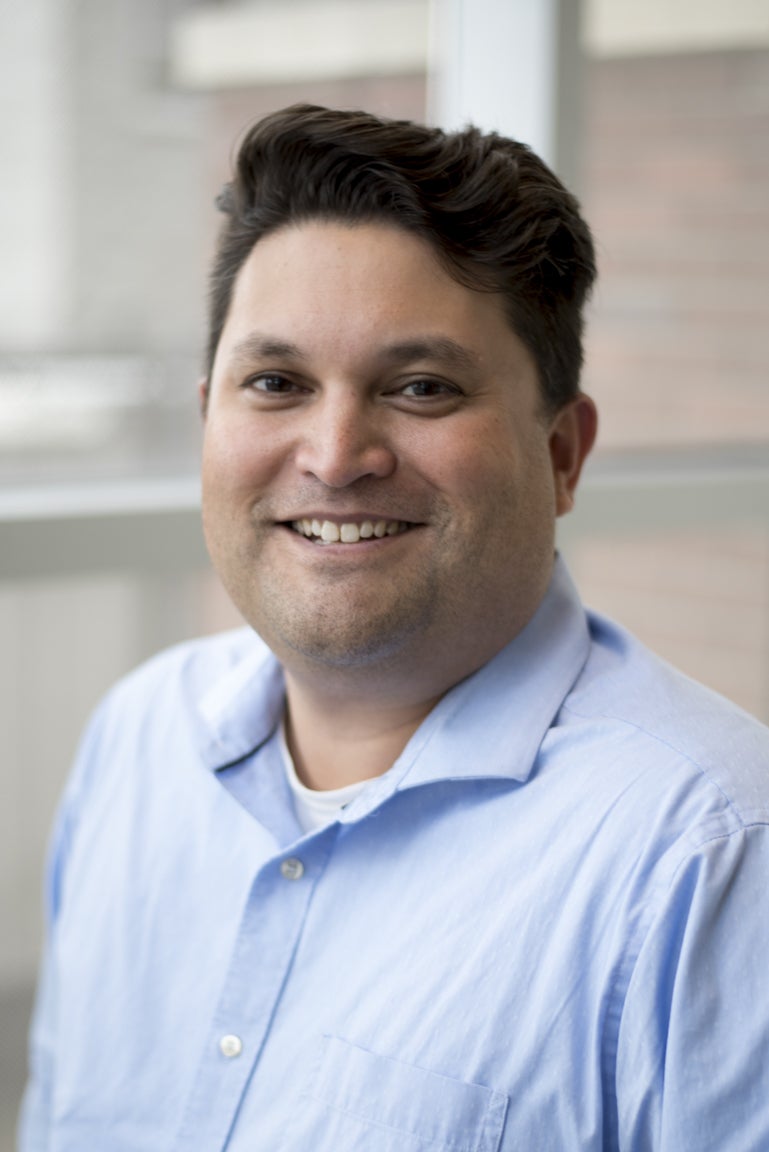
Alejandro (Lejo) Flores, PH.D.
Principal Investigator and Lab Director
- B.S. Civil and Environmental Engineering, Colorado State University (2001)
- M.S. Civil and Environmental Engineering, Colorado State University (2003)
- Ph.D. Hydrology, MIT (2009)
Lejo Flores is the Principal Investigator and director of the LEAF group. A computational ecohydrologist by training, Lejo is passionate about using advancing computational tools and techniques to understand integrated land systems where human activity is inextricably coupled to hydrologic, ecologic, and atmospheric processes across a range of spatiotemporal scales. Of particular interest are the local, regional and global teleconnections between water, food, and energy networks. You can find Lejo on Mastodon.
- B.S. Civil and Environmental Engineering, Colorado State University (2001)
- M.S. Civil and Environmental Engineering, Colorado State University (2003)
- Ph.D. Hydrology, MIT (2009)
Lejo Flores is the Principal Investigator and director of the LEAF group. A computational ecohydrologist by training, Lejo is passionate about using advancing computational tools and techniques to understand integrated land systems where human activity is inextricably coupled to hydrologic, ecologic, and atmospheric processes across a range of spatiotemporal scales. Of particular interest are the local, regional and global teleconnections between water, food, and energy networks. You can find Lejo on Mastodon.
-
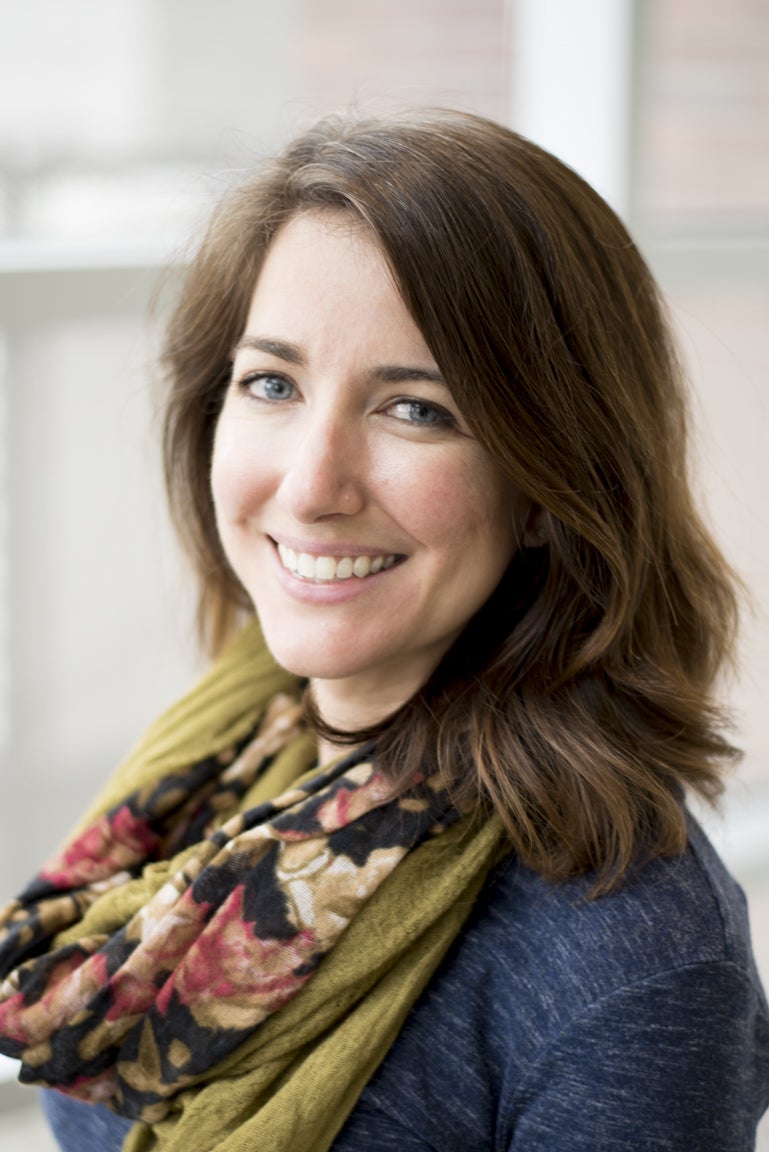
Katie Murenbeeld
PH.D. Student
- B.S. Geology, University of Georgia (2007)
- M.S. Geoscience, University of Arizona (2012)
After 6 years as a geologist in the mining industry, Katie returned to graduate school to pursue her interests in hydrology and forest ecology. Her current project is focused on the impact of administrative timelines and management practices on ecohydrological processes. This research is a part of the NSF CAREER: Citizens, Conservation, and Climate: Research and Education for Climate Literacy in Managed Landscapes project.
- B.S. Geology, University of Georgia (2007)
- M.S. Geoscience, University of Arizona (2012)
After 6 years as a geologist in the mining industry, Katie returned to graduate school to pursue her interests in hydrology and forest ecology. Her current project is focused on the impact of administrative timelines and management practices on ecohydrological processes. This research is a part of the NSF CAREER: Citizens, Conservation, and Climate: Research and Education for Climate Literacy in Managed Landscapes project.
-
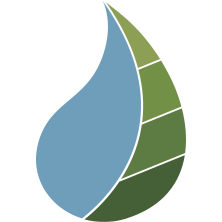
Will Rudisill
PH.D. Student
- B.S. Geology, UNC Chapel Hill (2015)
- M.S. Hydrologic Science, Boise State University (2018)
Will studies hydrologic processes in mountainous, snow dominated watersheds. His current research use the WRF regional climate model to study snow accumulation, melt, and interactions with critical zone processes in watersheds. This research is part of the DOE Subsurface Biogeochemical Research program.
- B.S. Geology, UNC Chapel Hill (2015)
- M.S. Hydrologic Science, Boise State University (2018)
Will studies hydrologic processes in mountainous, snow dominated watersheds. His current research use the WRF regional climate model to study snow accumulation, melt, and interactions with critical zone processes in watersheds. This research is part of the DOE Subsurface Biogeochemical Research program.
-

Allison Vincent
M.S. Student
- B.S. Environmental Science, Iowa State University (2013)
Allison is a hydrologist interested in relationships between how changes in climate and land cover affect water quality and availability. Her current project uses remote sensing to investigate how topography and land cover affect snowpack in the central Colorado mountains. This research is part of the DOE Subsurface Biogeochemical Research program.
- B.S. Environmental Science, Iowa State University (2013)
Allison is a hydrologist interested in relationships between how changes in climate and land cover affect water quality and availability. Her current project uses remote sensing to investigate how topography and land cover affect snowpack in the central Colorado mountains. This research is part of the DOE Subsurface Biogeochemical Research program.
-
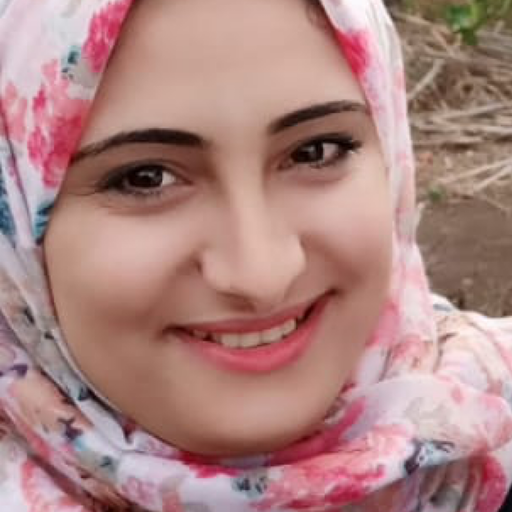
Dina Ragab Abdelmoneim
M.S. Student
- B.S. Special Geology, Faculty of Science, Zagazig University, Egypt (2012)
Dina is a hydrologist interested in environmental assessment and water resources management. Her current research explores the groundwater-surface water interaction and how to estimate the water gains and losses through some of the canal reaches in the Treasure Valley using an integrated approach of gain and loss method and the DC electric geophysical method. This research is a part of the Fulbright program.
- B.S. Special Geology, Faculty of Science, Zagazig University, Egypt (2012)
Dina is a hydrologist interested in environmental assessment and water resources management. Her current research explores the groundwater-surface water interaction and how to estimate the water gains and losses through some of the canal reaches in the Treasure Valley using an integrated approach of gain and loss method and the DC electric geophysical method. This research is a part of the Fulbright program.
-
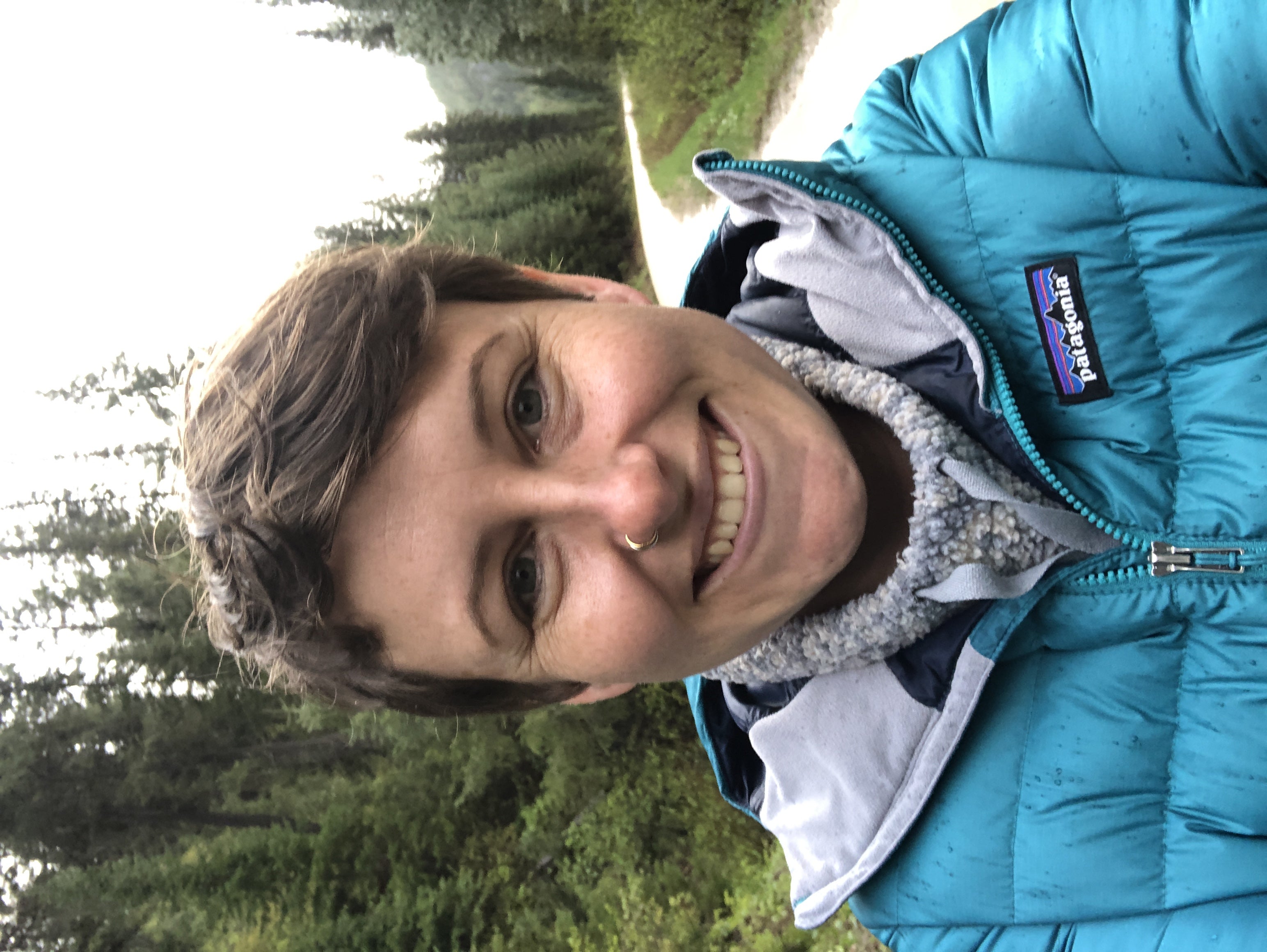
Elizabeth Padian
M.S. Student
- B.S. Applied Meteorology, Minor in Mathematics from Embry-Riddle Aeronautical University – 2012
Elizabeth is a meteorologist who, after 8 years working for the National Weather Service, decided to pursue a master’s degree in Hydrology. Her passion for weather and climate and its intersection and interaction with hydrologic processes has landed her at Boise State. Currently, she is working on a project with the Idaho Department of Agriculture on identifying and characterizing climate trends in Southwest Idaho and how it may impact various aspects of specialty crop growth.
- B.S. Applied Meteorology, Minor in Mathematics from Embry-Riddle Aeronautical University – 2012
Elizabeth is a meteorologist who, after 8 years working for the National Weather Service, decided to pursue a master’s degree in Hydrology. Her passion for weather and climate and its intersection and interaction with hydrologic processes has landed her at Boise State. Currently, she is working on a project with the Idaho Department of Agriculture on identifying and characterizing climate trends in Southwest Idaho and how it may impact various aspects of specialty crop growth.
-
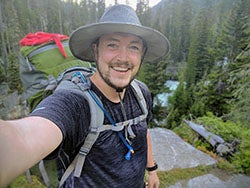
Luke Telfer
M.S. Student
- B.S. Geosciences (Hydrology Emphasis), Minor in Geospatial Information Analysis, Minor in Applied Mathematics, Boise State University (2019)
Luke is a hydrologist interested in using numerical models to understand how mountain watersheds respond to disturbances. His current research is exploring the hydrologic impact of wildfire burn severity spatial patterns for the South Fork Salmon River in Central Idaho.
- B.S. Geosciences (Hydrology Emphasis), Minor in Geospatial Information Analysis, Minor in Applied Mathematics, Boise State University (2019)
Luke is a hydrologist interested in using numerical models to understand how mountain watersheds respond to disturbances. His current research is exploring the hydrologic impact of wildfire burn severity spatial patterns for the South Fork Salmon River in Central Idaho.
-
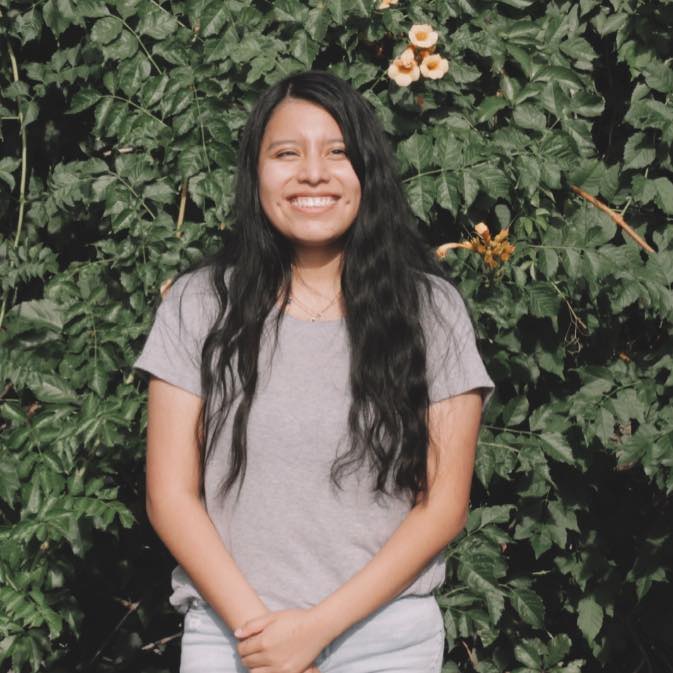
Carmen Pemsler
Undergraduate Researcher
Carmen is a senior majoring in Civil Engineering and minoring in Applied Mathematics. She is passionate about green buildings and hopes to be apart of research that investigates the amount of energy our infrastructure uses. She wants to utilize her research to further support the need to build more sustainably and environmentally friendly.
Carmen is a senior majoring in Civil Engineering and minoring in Applied Mathematics. She is passionate about green buildings and hopes to be apart of research that investigates the amount of energy our infrastructure uses. She wants to utilize her research to further support the need to build more sustainably and environmentally friendly.